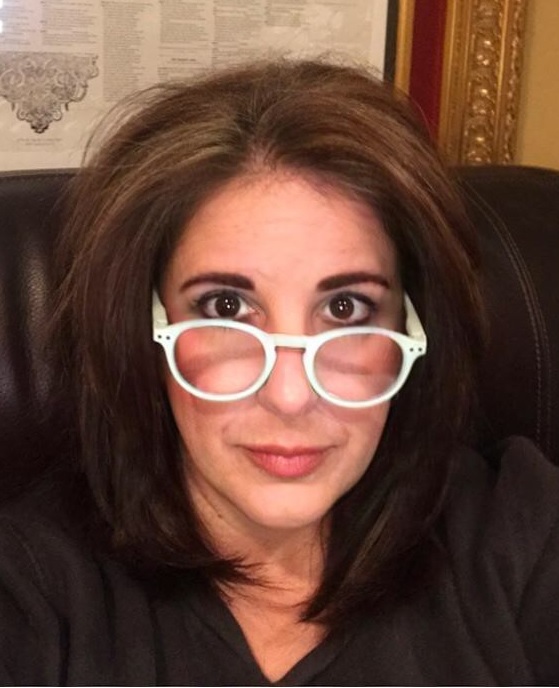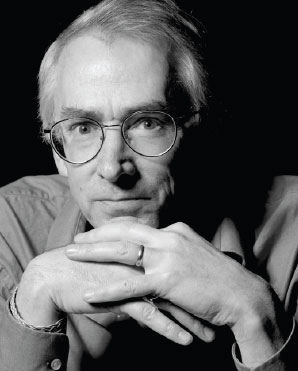Prosocial: Using CBS to improve relations within and between groups
This workshop has closed due to reaching its registration maximum.



Prosocial is a practical process that draws upon ACT, CBS, and Evolutionary Science for building more productive and collaborative relationships within and between groups. This workshop will provide you with an introduction to Prosocial, the basic science that underpins the approach and the practical tools that you can use to improve the groups you care about.
The workshop will begin with the origins of Prosocial in Lin Ostrom's Nobel Prize winning work on the commons and its extension using evolutionary theory and contextual-behavioral science, as well as the broader vision for the Prosocial initiative. We will use experiential exercises to practice using the ACT matrix in the context of groups to surface and integrate individual and collective interests in a way that is safe and engaging. We will also demonstrate how and why we have adapted Ostrom's Core Design Principles to have the most impact in groups of all sorts. We will practice using the guided tools on the Prosocial website to help you assess and facilitate groups including measurement tools that you can use to diagnose and report to your groups. Participants will leave the workshop with a flexible toolkit of modular activities that you can use in different combinations to suit the needs of different groups.
The Prosocial community already consists of over 100 facilitators, drawn largely but not entirely from ACBS members. This workshop will prepare you to join that community which is already helping one another to accomplish positive cultural change at multiple levels, including individuals, groups, and multi-group ecosystems.
In the spirit of Contextual Behavioral Science, Prosocial is also a basic scientific research program to study cultural evolution in real-world settings, in addition to a practical method for accomplishing positive cultural change. We encourage the participation of both practice-oriented and research-oriented ACBS members in this workshop. The ideal practice-oriented participant is already experienced working with groups and wants to explore how Prosocial can add to their existing toolkit. The ideal research-oriented participant is already conducting basic scientific research on topics related to prosociality and cultural change and wants to explore new opportunities for research in real-world settings afforded by Prosocial.
About David Sloan Wilson, Ph.D.:
David Sloan Wilson has made fundamental contributions to evolutionary science and its applications to human affairs. He is well known within the ACBS community for working with Steve Hayes and others to integrate evolutionary science with contextual behavioral science. His most recent books are Evolution and Contextual Behavioral Science (co-edited with Steve Hayes) and Evolving the Future: Completing the Darwinian Revolution.
About Paul Atkins, Ph.D.:
Paul Atkins is a trainer, facilitator, coach and researcher. He is project coordinator for the Templeton World Charity fund grant to build, implement and research the Prosocial process as well as lead facilitator trainer. Paul has also applied Prosocial to help resolve conflicts and improve the performance and wellbeing of teams in organisations including schools, innovation networks, corporations and government departments. His research has mostly been focused on the effects of mindfulness-related interventions on relationships, wellbeing and identity. He co-edited the book Mindfulness in Organisations (CUP) and is lead author with David Sloan Wilson and Steve Hayes on the forthcoming book titled Prosocial: Using Evolutionary Science to Build Productive, Equitable, and Collaborative Groups. He is past President of the Australia and New Zealand Association for Contextual Behavioural Science and a Fellow of the international Association for Contextual Behavioral Science.
About Monique Silva:
Monique is a User Experience designer with over 7 years experience working in tech. She works as a consultant on a range of digital products with clients like HSBC, Corona and Google, helping make their online experiences engaging, intuitive and easy to use. User Experience is all about guiding behaviour through the careful design of an online environment, so her work involves direct application of concepts from psychology and behavioural economics. She uses both quantitative and qualitative research methods on her day-to-day, such as ethnographic research and A/B tests, as well as analytics data to inform her design decisions.
She now leads the design and development of the Prosocial website, a central plank of the initiative, implementing a range of digital tools to help both facilitators and groups. This involves designing an online tool to help groups learn and implement Prosocial with ease, a community forum where facilitators and researchers can communicate and share knowledge, and a range of other supports and online resources for facilitators.
About Lori Wiser, M.B.A.:
Lori is an accomplished senior marketing executive whose career spans positions in Public Relations, Account Services, Consumer Insights, and Strategy, working on global brands such as McDonald’s, Verizon, and Volkswagen.
Ms. Wiser’s behaviorally-driven strategic approach leverages the social sciences including: ethnography, evolutionary psychology, anthropology, and behavioral economics to build analytic models. Her work has helped win industry awards, such as a Silver Anvil and a Gold Effie.
Lori also loves to root for the underdog and has significant experience in the non‐profit sector, focusing on what she calls the “chronically marginalized in our society”. She has also worked closely with public affairs directors to lobby on Capitol Hill for various causes.
She is sought as a guest lecturer on college campuses by the Advertising Educational Foundation and won a “Best Speaker Award in 2012.”
Lori is an avid reader, cyclist, and appreciates a good red wine. She is married with two daughters, a German Shepherd named Gigi and a precocious cat named Stan Lee.
About Ian MacDonald, Ph.D.:
Ian F. McDonald received his Ph.D. in Ecology, Evolution and Behavior at Binghamton University in 2018 with D.W. Wilson as his thesis advisor. His thesis used the principles of Prosocial to analyze the Intentional Communities movement. Ian is in charge of developing the scientific database for Prosocial and also expects to develop a practice working with groups as a Prosocial facilitator.
Learning Objectives:
- Introduce the evolutionary worldview that underpins the practical method and scientific research program including understanding ACT/RFT as "the wise management of evolutionary processes".
- Collaboratively explore ways of using the individual ACT matrix in the context of groups.
- Practice framing up a collective ACT matrix to target the groups needs and integrate diverse interests into shared purpose and identity.
- Experiment with variants of the collective ACT matrix to deepen understanding of the Core Design Principles and apply them in ways that work for your group.
- Introduce the "design principles" approach to working with groups, including the core design principles needed by nearly all groups and auxiliary principles needed by some groups but not others.
- Understand the range of groups to which you can apply Prosocial including corporations, voluntary groups and government agencies, but also families, community groups, schools or even broad scale culture change.
- Learn new online tools for assessment, diagnosis and reporting of group issues.
- Describe how the skills of working at the level of single groups can be scaled to working at the level of multi-group ecosystems.
- Join an international community of practitioners and scientists to support one another implementing and researching Prosocial in a diversity of locations and contexts.
- Write a short Prosocial process plan for your own group based on what you learned in the workshop.
Target Audience: Beginner, Intermediate, Advanced, Clinical, Research
Components: Conceptual analysis, Literature review, Original data, Experiential exercises, Didactic presentation, Case presentation, Role play
Package Includes: A general certificate of attendance, lunch, and twice daily coffee/tea break on site.

